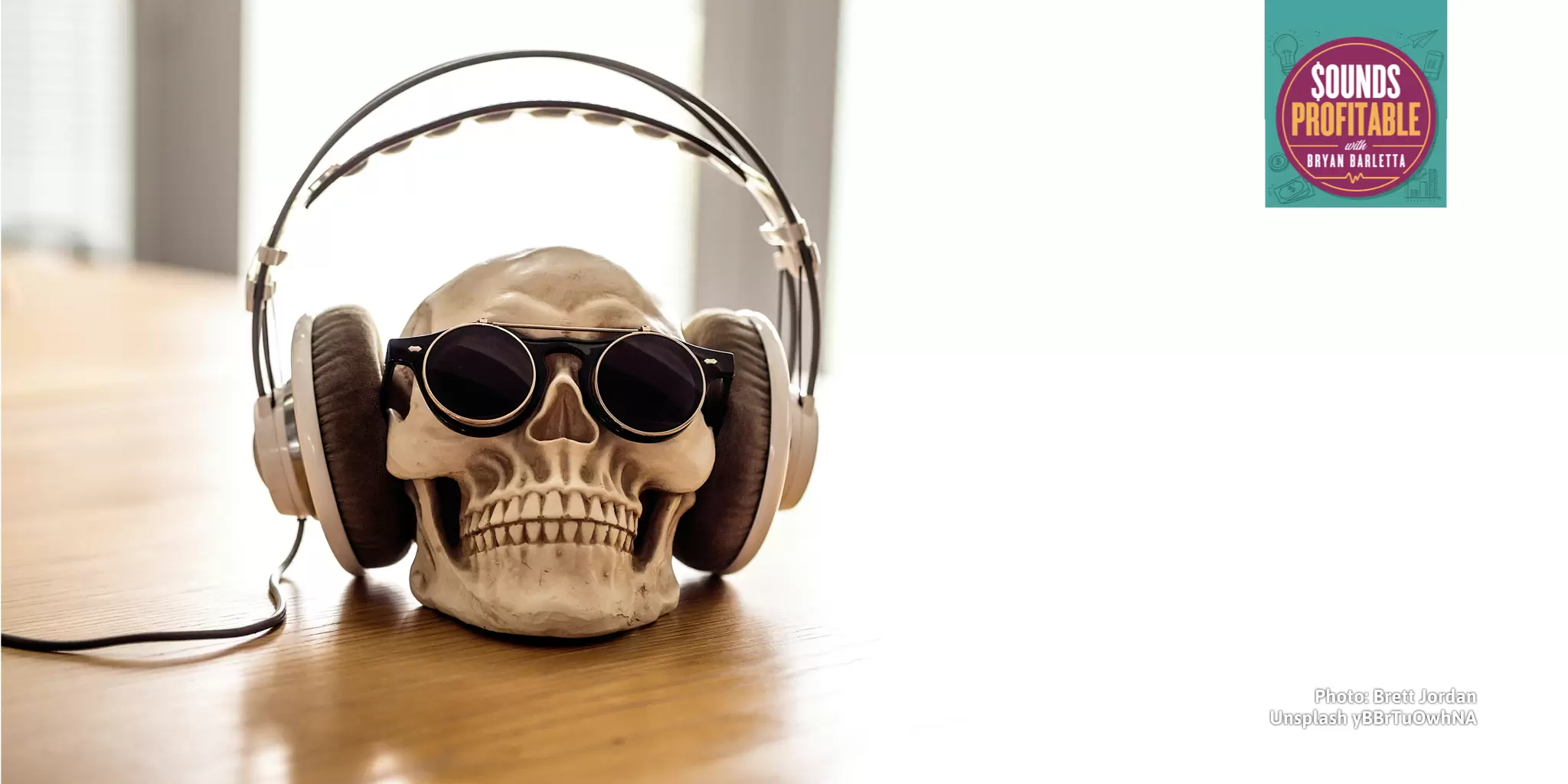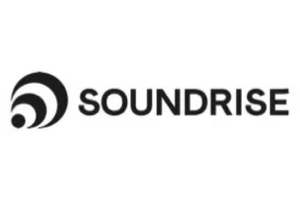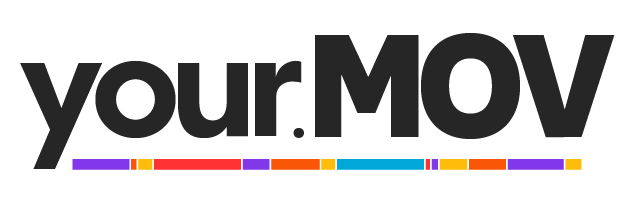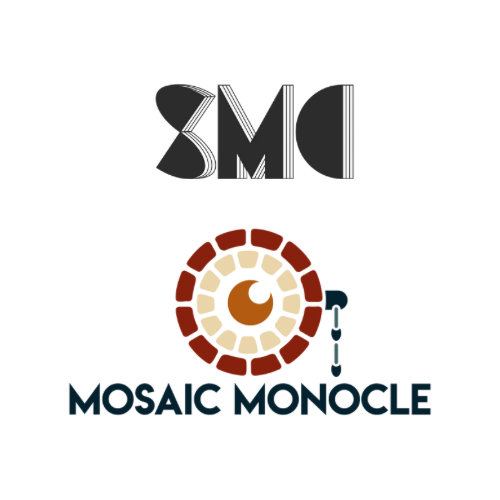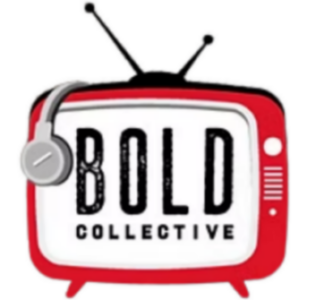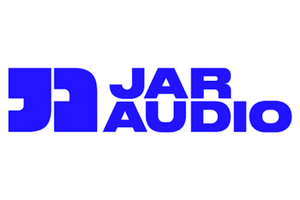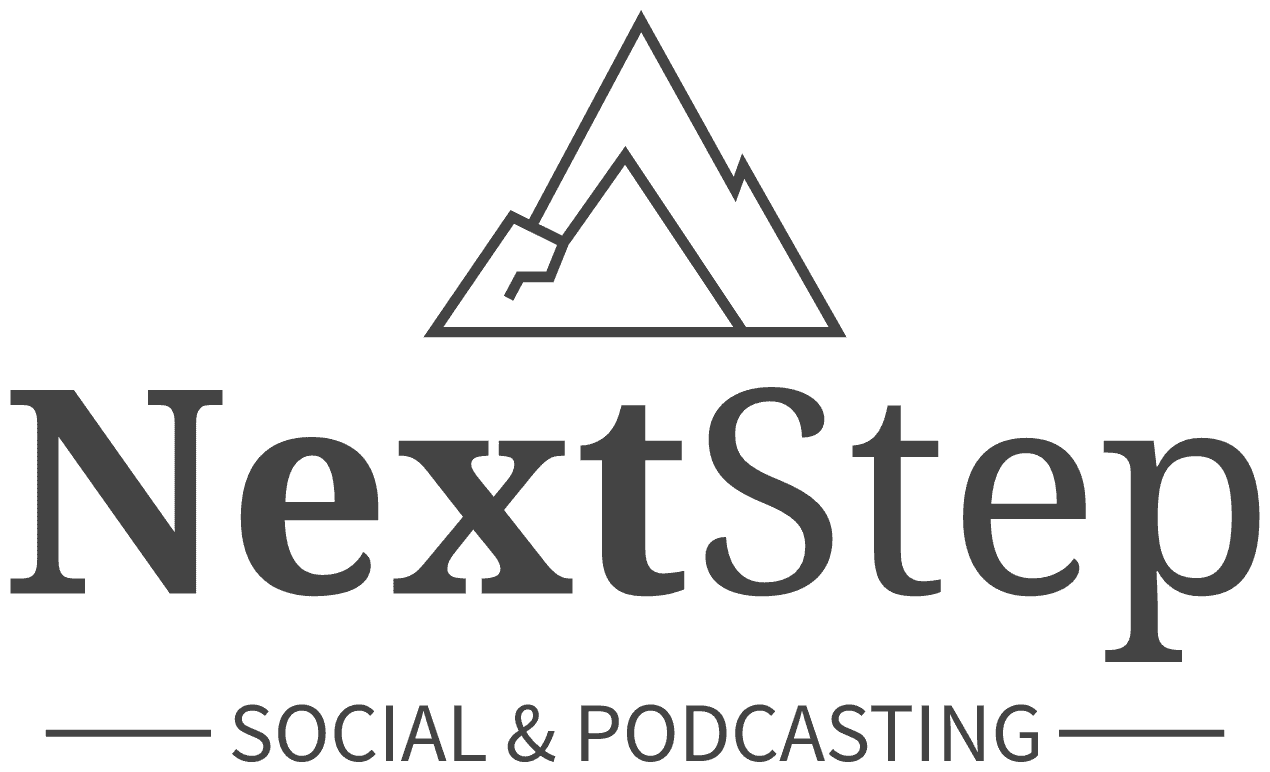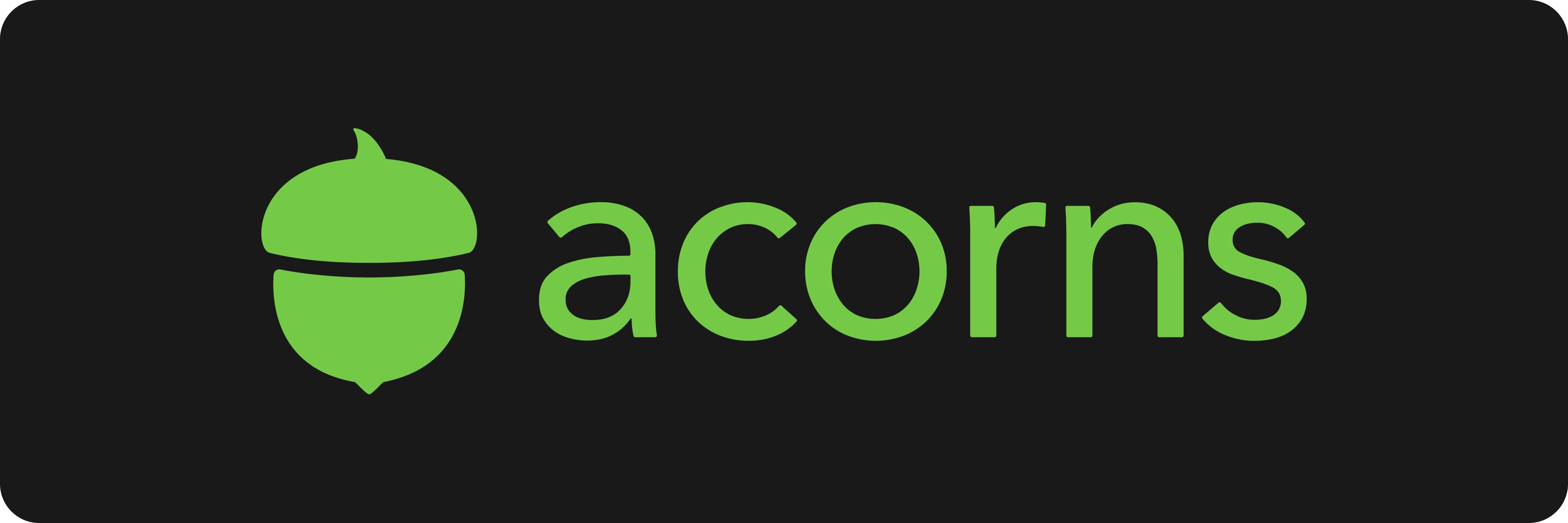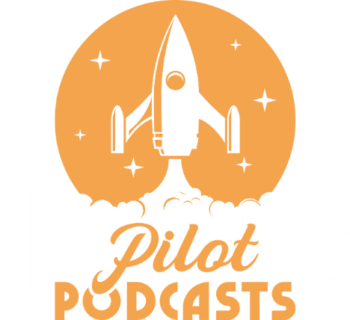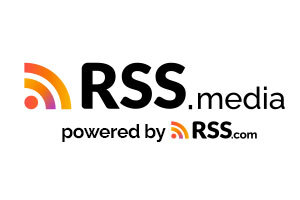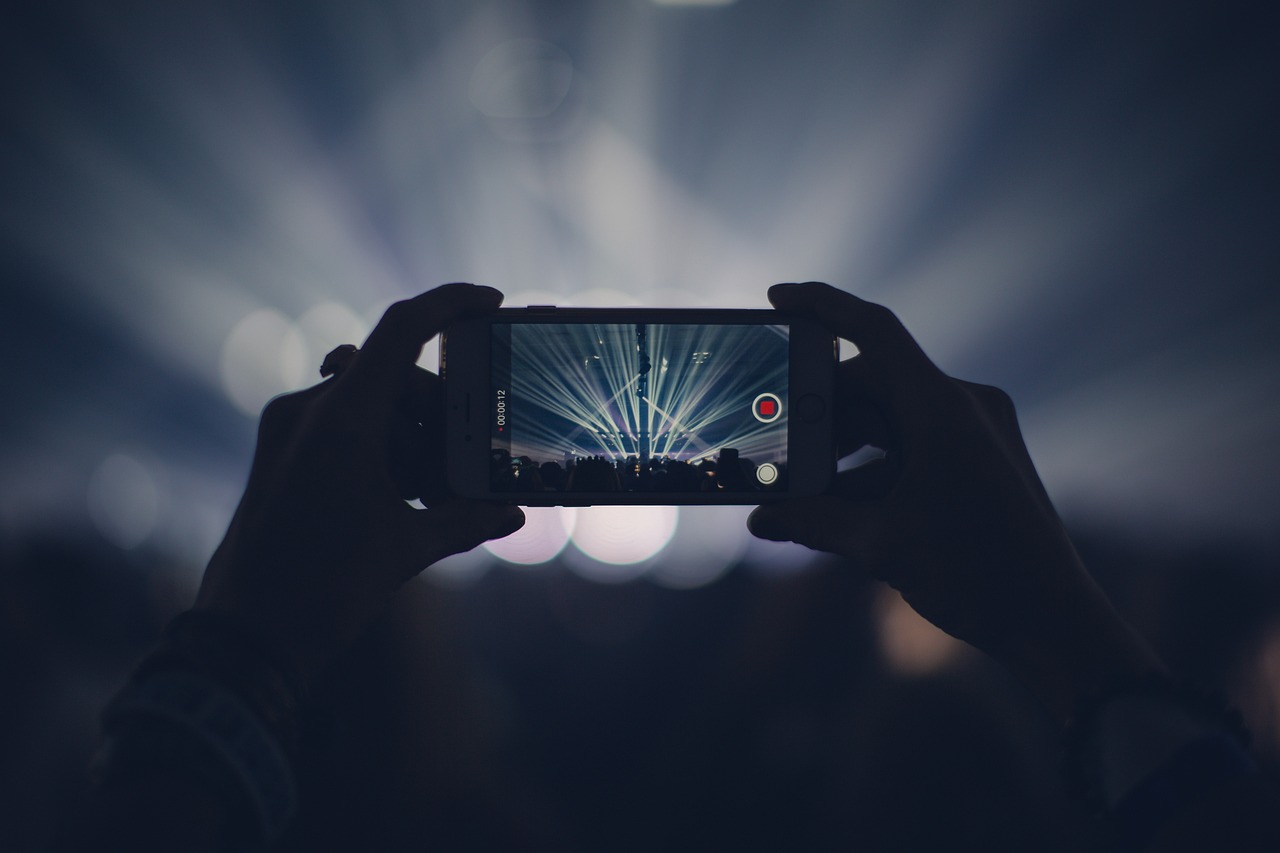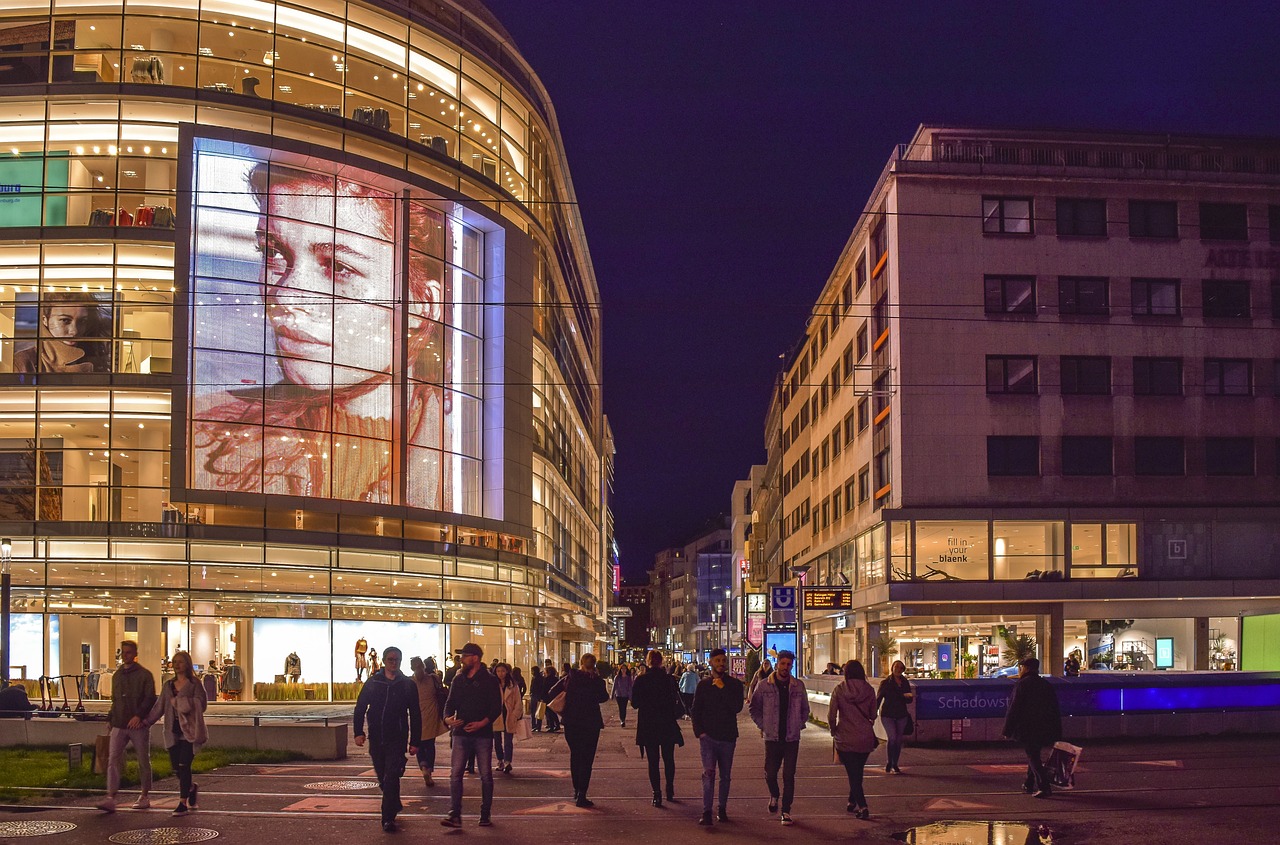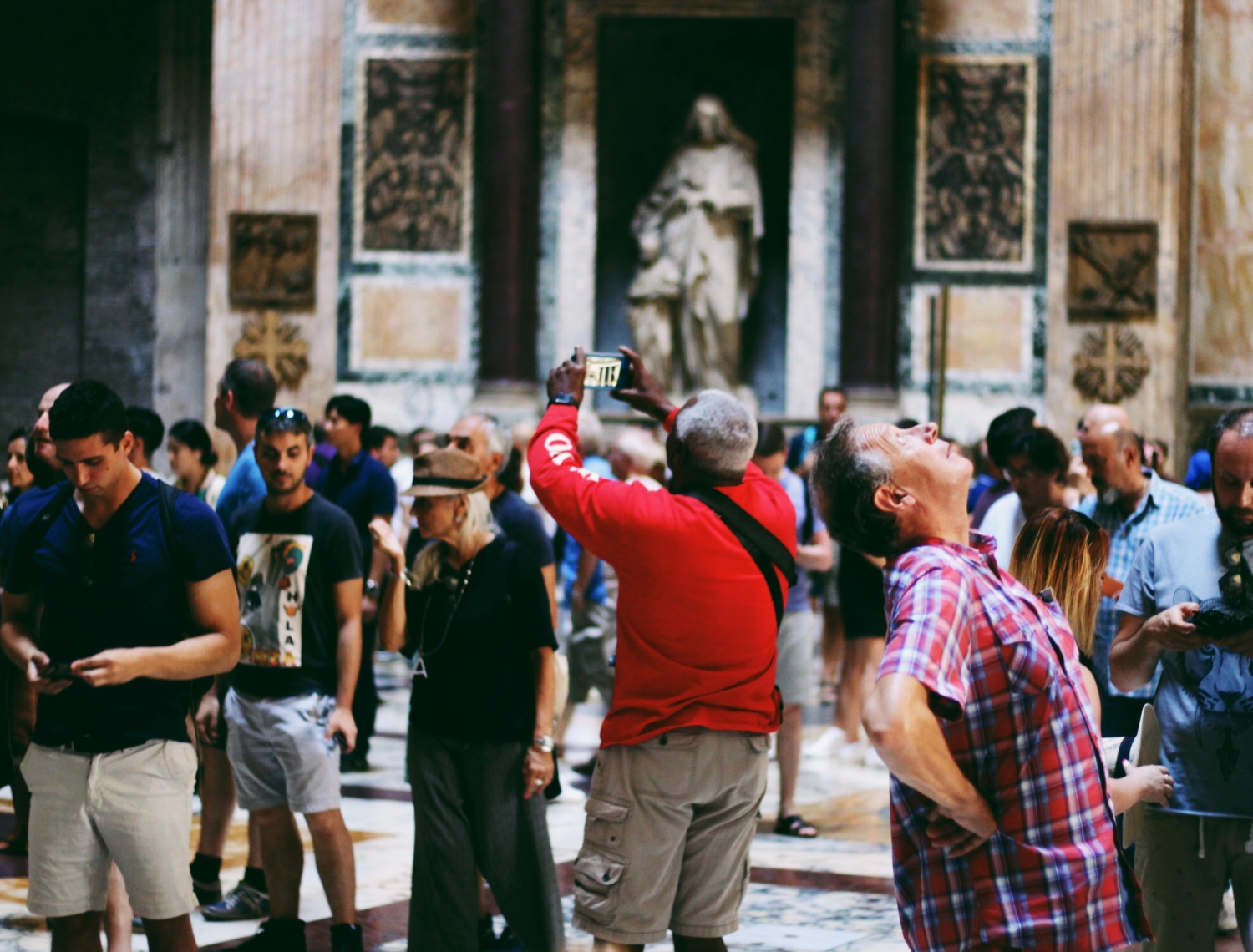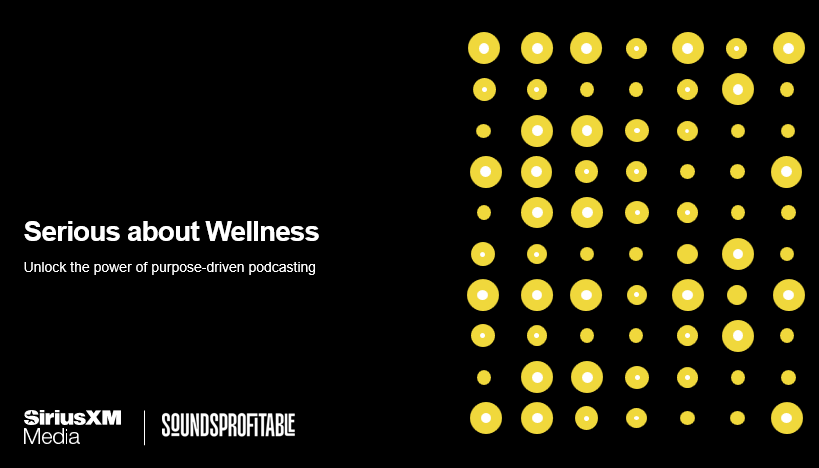Days of Future Past
Let me paint you a picture of the future.
Spotify won the podcasting wars.
As the podcasting industry struggled to find cohesion amongst its myriad service providers who failed to follow the “co-opetition” framework present in the early days, Spotify gobbled up most of the podcast listening audience. Once enough listeners had been lured in with the promise of better discovery, more robust features, and exclusive content, the big publishers followed. Reluctantly at first, but in-app advertising options and listener interaction features made them more confident about the change. And when the big publishers were able to provide their advertising partners incredibly rich app level data about their ad performance that proved unquestionably the efficacy of every dollar spent, there was no going back.
Some of the hosting providers who survived banded together as resistance fighters, providing a space for people to start and run their own podcast free of the perception of evil and safe from prying eyes of faceless corporations exploiting the very earholes of their listeners. But, with the pull of robust features like in-app style monetization, ease of use, and new formats not possible under the old ways, Spotify continued to siphon off once-ardent holdouts, dwindling the resistance’s numbers.
Just like the Elves left Middle Earth, with no need for direct relationships with individual podcasters and ever-increasing treasure chambers, podcast specific ad networks and ad rep firms were never heard from again.
Legends say that the analytics and attribution partners hid deep underground. On quiet nights in Q4, if you listen very closely, you can almost make out the sounds of account dwellers walking imaginary clients through lift reports.
The final, epic battle between Spotify and the RSS feed was a bloodbath. The RSS feed was greatly outnumbered; few shows paid much attention to their still extant but rarely accessed feeds now that Spotify was hosting and serving all of their audio content. Far in the distance and safe from the carnage, the IAB chuckled to themselves and congratulated Spotify on another flawless victory.
In a cruel twist, listeners continued to pay $12.99 a month for the Spotify Premium ad free experience, yet still were plagued by podcast ads.
Back to the Future
Spotify’s slate of feature releases this year have made one thing absolutely clear for every company in the podcast advertising space:
They don’t just want our sandwich. They want to own our whole lunchbox. And probably rent it back to us.
Credit where credit is due, Spotify is responsible for growing awareness of podcasting substantially. A large global marketing effort and nearly 300 million active users to their platform has helped them grow fast into a comfortable #2 slot, behind Apple.
Earlier this year, Spotify announced their Streaming Ad Insertion product. SAI works, inserting an ad into the stream in real time.
I can hear all of you saying “Dynamic ad insertion was bad enough! Now you’re talking about real time streaming, so that they can decide what ad is just as it’s about to play? Fantasy! That’s not possible in podcast advertising!” and you’re right. It’s not.
While the rest of the podcast adtech space is limited to using IP address and user agent to insert an ad as it’s being served from the podcast hosting company, Spotify takes full advantage of the fact that they’re not bound by the same rules as the podcast advertising space. They’re able to treat podcast ads like streaming ads, bypassing the limitation by the rest of the industry. And, interestingly enough, bypassing the complaints by many advertisers that ad impression tracking in podcasting falls short of their needs.
Spotify’s unique offering to advertisers goes even further with their In-App Offers product, which provides the “click” metric that so many sophisticated advertisers in other spaces rely on as a key campaign success metric. Outside of this offering, no podcast advertiser has the ability to get click data from their campaigns.
But that’s the goal, right? The entire podcast advertising industry is trying to make the space appealing for digital display, video, and social focused advertisers to spend in podcasting. The more companies pouring money into podcast advertising, the bigger the space becomes. Spotify is clearly helping accomplish that goal. Six months after they launched SAI, Spotify signed a $20m advertising deal with Omnicom Media Group for just the second half of 2020.
Today, Spotify’s reach isn’t big enough to keep advertisers from exploring other avenues in podcast advertising, so every advertiser they bring in positively helps the industry.
But Spotify isn’t done expanding their reach in podcasting or streaming audio. How will that change podcasting?
Bogus Journey
Currently, Spotify’s unique ad offerings are only served to listeners of music on their free plan, or on the podcasts Spotify owns and operates. But there’s nothing stopping them from providing access to their marketplace for any publisher that wants it, giving anyone the ability to command a higher CPM for their inventory over what programmatic open marketplaces currently can offer.
Why stop there? Imagine Spotify expanding that offering for publishers direct sold campaigns as well.
Today’s focus is on Spotify buying big name shows and making them exclusive. But if Spotify has a large enough audience, provides better monetization tools for the inventory run courtesy of their app, and are actively courting advertisers to spend big across the Spotify platform… do they really need to keep buying shows and making them exclusive? Wouldn’t most publishers want to at least sell all of their Spotify plays through Spotify’s in-app advertising, and all non-Spotify downloads through DAI?
Or, maybe there’s a point where podcasters find it not financially worth it to bother with ads for non-Spotify listeners, so the podcast decides to go exclusive, helping further increase Spotify’s market share.
But it’s not just cool adtech features that will win these publishers over. Spotify launched interactive polls, letting show hosts engage directly with their audience. Good luck on getting any other major podcast listening app to do that. Even if they did, what a fragmented mess it would be to piece that together between all the other apps.
Clawing back any semblance of ownership of that relationship would be a win for most show hosts. After all, every podcast player has far more information than any hosting provider or publisher.
Free Birds
Last week, Spotify announced the ability for creators to submit shows with music, using the full track of songs from Spotify’s extensive library, with narration from the host between tracks. These shows with music are only accessible through the Spotify app (not even the web player) and require a subscription to Spotify Premium to hear the full song.
Purists will say it’s not really a podcast if it’s not distributed by RSS feed. And Spotify is being careful to call these shows with music, not podcasts. But to the listener and the advertiser, it’s a podcast. A podcast using full tracks of commercial music without violating copyright.
If you want to hear about how cool this feature is, because it is cool from a listener and creator perspective, Tom Webster and Evo Terra are far better at explaining the value there.
The creators can monetize their content with host read Anchor Sponsorships, or their own ads if they want to, subject to Spotify’s rules. Anyone can use Spotify’s free creation tool – Anchor.fm – to create their own music podcast show with music, so it’s not a stretch to think that Spotify will expand the ad capabilities on these shows from just Anchor Sponsorships to full blown SAI, multiplying their “podcast” inventory within months of the change.
I’m hard pressed to believe that the most popular music playlist creators on Spotify won’t migrate over to this feature, to take advantage of the monetization aspect and to keep better connected with their fans by publishing regular episodes of new curated playlists. You know… like podcasters!
Will an advertiser honestly care if the host- or announcer-read ad is inserted into a show with music instead of a traditional podcast? Or will their focus be on what offering provides them the most similar experience to buying in other ad platforms?
And when the listeners yell “why am I hearing ads, I pay for Premium?”, Spotify will remind them that it’s a podcast show with music, blending the two products together to convince advertisers that an engaged streaming audio listener and a podcast listener are the same, laughing all the way to the bank.
Butterfly Effect
Last week I advocated for publishers, hosting providers, and analytics/attribution partners to come together to create and present a consent framework to present to the podcast players. We have an opportunity not just to get ahead of the curve for listeners but for advertisers who are looking to the podcasting industry for how to safely and legally navigate toward success.
The underlying message of that piece and this one are the same: the podcasting space lacks representation and negotiating power because of the fragmentation. More than ever, companies in each category need to band together to effect positive change and hold their ground.
Regardless of category (hosting, analytics, and attribution), the harsh reality is everyone on this side of the industry is working with the exact same incoming data. The second best thing that Sean Creeley of Podsights has said to me is, “there’s no counting downloads better”.
What makes each company unique is what they do with that data. The idea that collaborating with a competitor and setting standards for your vertical could somehow negatively hurt your business or allow a competitor to steal a feature is laughable. Most companies have a laundry list of client feature requests and tech debt they’re trying to get through, on top of their extensively planned roadmaps.
Besides, your competitors already have logins to your platform, your sales deck, and rate cards, through mutual clients.
By not working together, we allow companies that already own the entire stack, like Spotify, to become our biggest competitor overnight.
What Spotify offers that others cannot is very attractive and likely very lucrative. There are definitely many publishers and advertisers who could benefit from Spotify offering the services predicted above. But if my apocalyptic vision comes to light, a substantial chunk of the podcasting industry won’t exist anymore. Unless we to focus on two things:
- Podcast listeners are different from music listeners.
- Host read ads perform better than announcer read ads.
Once we learn to collaborate, we can start asking more from the podcast players, to help us prevent that potential future.
Homework
The goal of Sounds Profitable is to educate and empower each of you. If we’ve had a chance to talk directly, you know that I am truly passionate about both adtech and podcasting. We learn through asking tough questions and discussing the answers. Armed with today’s new knowledge, I want to help you ask more questions.
Please consider supporting Sounds Profitable through our Patreon.
- Does your company actively engage with your vertical peers?
- If not, why?
- If you had a quarterly meeting with peers in your vertical, what would you ask them to collaborate on with you?
- Are there standards that you/your company believe would benefit from?
- What collective negotiating could you accomplish by unifying your vertical?
New Sponsors!
It’s our goal to highlight the amazing people and companies that are helping Sounds Profitable grow. This week marks our seventh newsletter, and we’d like to personally thank our latest sponsors:
True Native Media – an agency that specializes in representing podcasts that have strong communities and powerful engagement.
AdvertiseCast – the first self-serve online podcast advertising marketplace that connects podcasters with advertisers.
We appreciate your support!

